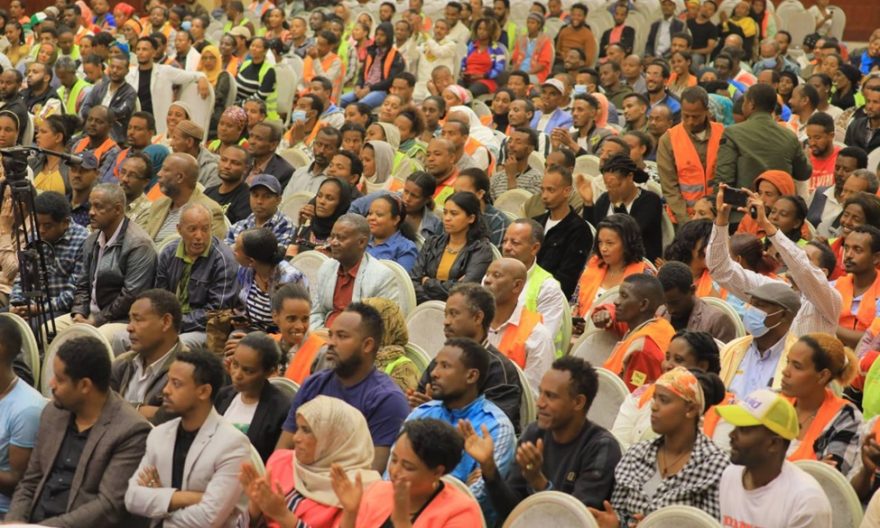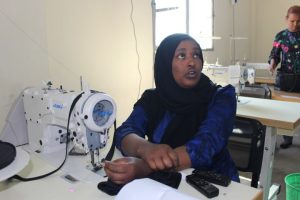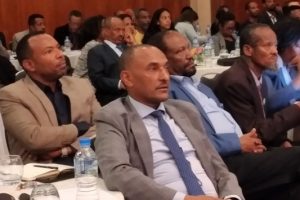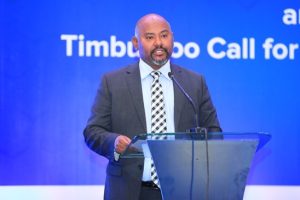
ADDIS ABABA – The Addis Ababa City Administration Community Participation and Voluntarism Coordination Commission announced yesterday a plan to uplift 780,824 residents by mobilizing one million volunteers over the next seven months.
In its presentation, the Commission reviewed last year’s volunteer-driven achievements and outlined new goals to tackle pressing social and economic issues facing vulnerable communities.
Deputy Commissioner Dereje Kassa revealed that the Commission will deploy 12 major and 13 targeted volunteer programs, aiming to generate 6.5 billion Birr in value through expanded volunteer support this year. Last fiscal year, volunteer efforts contributed services worth over 12 billion Birr to the city’s residents.
“As the African capital and a city of diverse communities, Addis Ababa faces complex social and economic challenges,” Dereje noted. “To address these, we’re expanding volunteer initiatives to foster resilience and community well-being.”
Since May, volunteer work valued at more than 5.4 billion Birr has benefited communities facing economic and social hardships.
Commission Director Dawit Mulugeta highlighted the impact of volunteerism in strengthening community bonds and reaching underserved areas. “Volunteers have made vital contributions across the city, with over two million involved in the Green Legacy Initiative, planting 26 million trees. We also engaged more than 92,000 citizens in awareness campaigns and mobilized 400,000 for citywide clean-up efforts,” Dawit explained.
Key programs also include 27,000 volunteers supporting urban farming, 716,000 participating in sports activities, 230,000 contributing to peacekeeping, and 321,000 aiding cross-border initiatives. Together, these efforts have provided benefits to 764,000 individuals, including 89,000 who received free healthcare and many others who received housing and food support.
Commissioner Yimer Kebede, a guest speaker, emphasized the critical role of volunteerism in bridging economic and social divides. “Volunteerism plays a vital role in reaching those the government may not be able to support directly,” Yimer said. “Despite Ethiopia’s natural resources, many citizens still face food insecurity. Identifying the root causes of these challenges is key to sustainable solutions.”
To tackle poverty and promote sustainable community growth, the Commissioner announced plans to work alongside artists, stakeholders, the private sector, and other organizations, fostering a resilient and inclusive Addis Ababa.
BY MESERET BEHAILU
THE ETHIOPIAN HERALD SATURDAY 26 OCTOBER 2024





